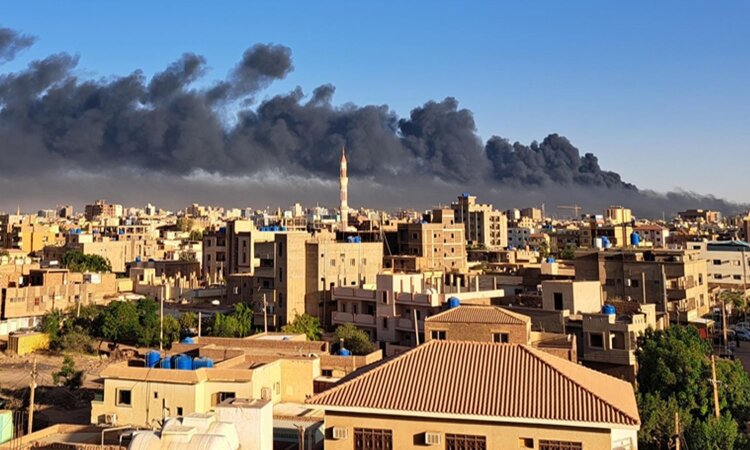Envisioning A Path to Peace and Stability in Sudan (3-3)

Sudan Events – Mohamed Salih
Luckily, Sudan is endowed with huge and diverse natural capital coupled with excellent human capital. The Sudanese diaspora can wisely drive the country towards the good developmental position, preserving its full sovereignty, integrity, and unity in the mid and long term, conditioned by achieving and sustaining peace and security in the country and the regions.
4. Social justice
Social justice in Sudan is vitally needed for the sacred remedial functions of promoting equality and social justice, in order to reduce social tensions and implement policies that reduce economic and social disparities. Especially in regard to the rural-urban divide and gaps generated since the inception of the post-independence Sudan. The inherited and induced imbalances should be addressed with courage and knowledge.
5. Diplomacy and negotiation
Promoting diplomacy and negotiation as a means of resolving conflicts, achieving peace, and sustaining security is the core issue in transboundary relations. That is harnessed, enhanced, and mutually enforced by supporting international mediation and international cooperation to address cross-border challenges. Sincere dialogue, openness, and diligent flexibility, compromises, and reconciliation are fundamental and essential requirements to maintain peace, assure mutually beneficial security, constructive destinies, and paths towards prosperity.
6. Promoting a culture of peace
All efforts for achieving and sustaining peace and security in Sudan and the connected regions should encourage the building of a culture of peace and tolerance in society. The effect of media, discussions, and arts can achieve this. In order to enhance understanding and cooperation between communities. The ongoing war in Sudan is generating hatred sentiments nurtured by induced ill speeches and violent actions on ethnic and tribal bases, if not adequately and promptly addressed, it will constitute a real toxic danger for the integrity of a national unity in Sudan and beyond.
7. Addressing humanitarian issues
It is a prerequisite for achieving peace and security in Sudan to pay due attention and focus on human rights and addressing injustice and persecution. Special considerations and measured attention should be channelled to providing unhindered, immediate, and unconditioned support for displaced persons and refugees and resolving humanitarian issues comprehensively. Substantial finance should be raised through innovative mechanisms and good governance principles to address the temporary humanitarian issues while laying bases for medium and long-term pathways for sustainable development.
8. Citizen participation and engagement
All citizens of Sudan should be adequately engaged to be effective participants in real political participation through the civil societies and political parties, in order to ensure equal citizen and soundly inclusive participation in democracy, development, constitutional building, representative parliamentary, legislative and electoral processes.
These points are not exhaustive but are foundational for achieving and maintaining peace in Sudan and largely in the Horn of Africa and the Red Sea Regions. These issues require international cooperation and sustained efforts over the long term, in addition to the short and mid-terms. Incorporating these elements into government and intergovernmental policies and practices is an imperative cornerstone which can help build more stable and positively engaged societies at all levels.



